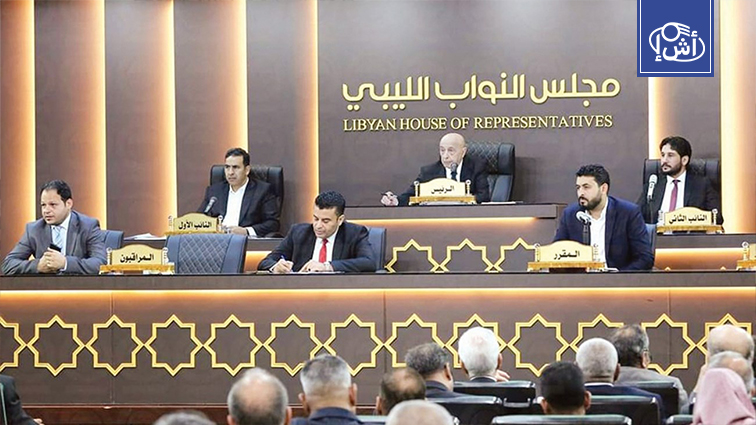Amid ongoing political tensions in Libya, the question of forming a new government remains a sharp point of contention between the country’s warring parties.
In light of the lack of consensus between political blocs on a single figure to head the new government, each party has a candidate and does not want a replacement, which shows the challenges facing political consensus efforts.
Media advisor Fathi al-Marimi said that “the speaker of the Libyan House of Representatives has begun receiving the files of candidates for the post of head of the new government,” without revealing the names of the candidates or their number.
According to a source from the Libyan House of Representatives, the number of candidates for the post of prime minister does not exceed 6 people, because each candidate needs a certain number of recommendations from members of the House of Representatives and members of the High Council of State, and each member of the Council is authorized to recommend only one person, which reflects the complexities of political quotas.
The source explained that there is a consensus between the House of Representatives and the State Consultative Council on the formation of a new government, and that there are several names that met the conditions and submitted their files to the Speaker of the Libyan House of Representatives, and that among these names are Ahmed Maiteeq, and Mohamed Mezoughi.
For his part, a member of the Libyan House of Representatives, Jibril Ouhida, said: “The consensus between the House of Representatives and the State Consultative Council has already been achieved through the third constitutional amendment and the resulting 6+6 committee and its outputs, and there is no way for either chamber to retreat from that.”
In the same context, political analyst Hossam al-Din al-Abdali said, “There is no confirmed news until this moment about the acceptance of the Speaker of the House of Representatives for the files of candidates for the presidency of a new government, especially since there are some government figures and some members of the High Council of State denied that there is any invitation to run.”
Abdali continued: “There are no real names of candidates until this moment, but all speculation indicates that there are some figures who may be candidates for this government, most notably Abdul Hamid Dbeibeh, Osama Hammad, Al-Arif Nayed, and Salama Al-Ghwell, who is considered the closest to the House of Representatives and is a neutral candidate for all parties, and there is disagreement between the political parties about the candidates, and it is not possible to say for sure any names because the issue of consensus and satisfaction between the House of Representatives and the Supreme Council of State seems an almost impossible task.”
Libya..Haftar receives the Italian Prime Minister in Benghazi
